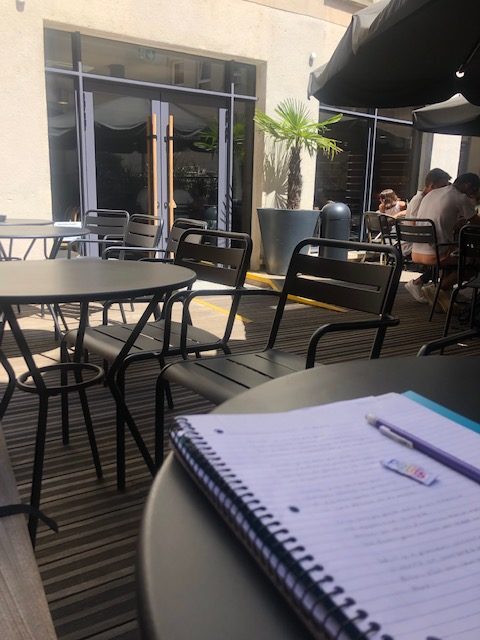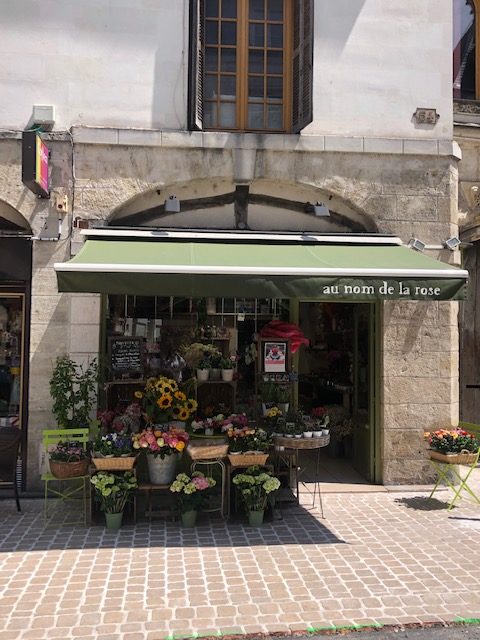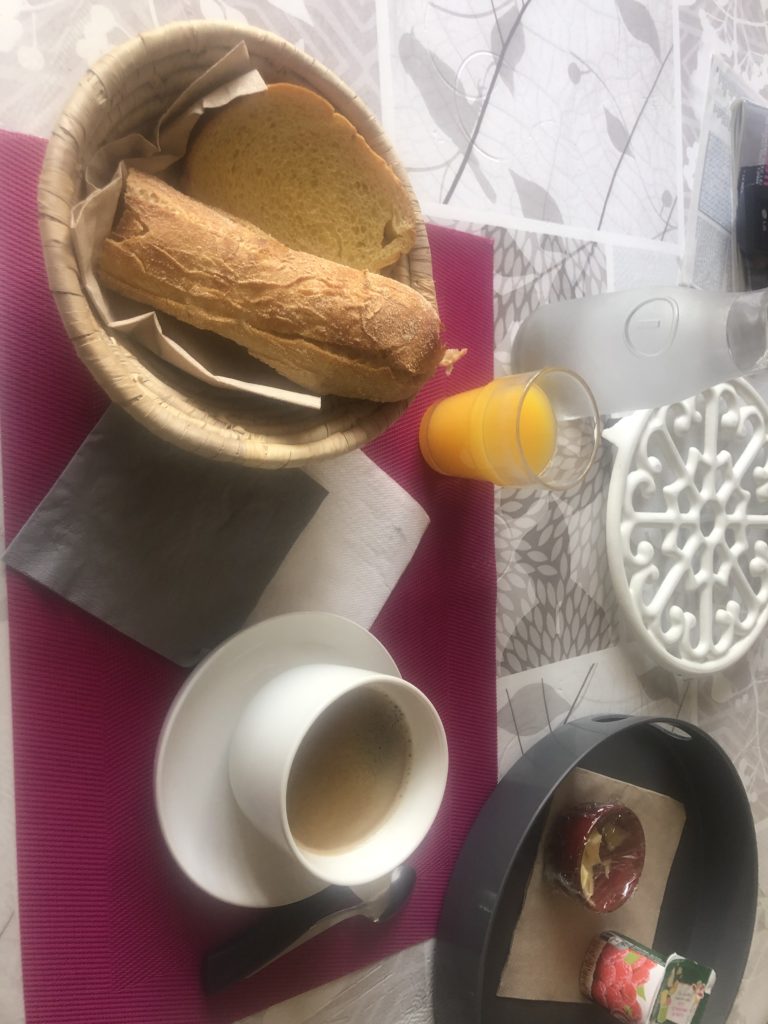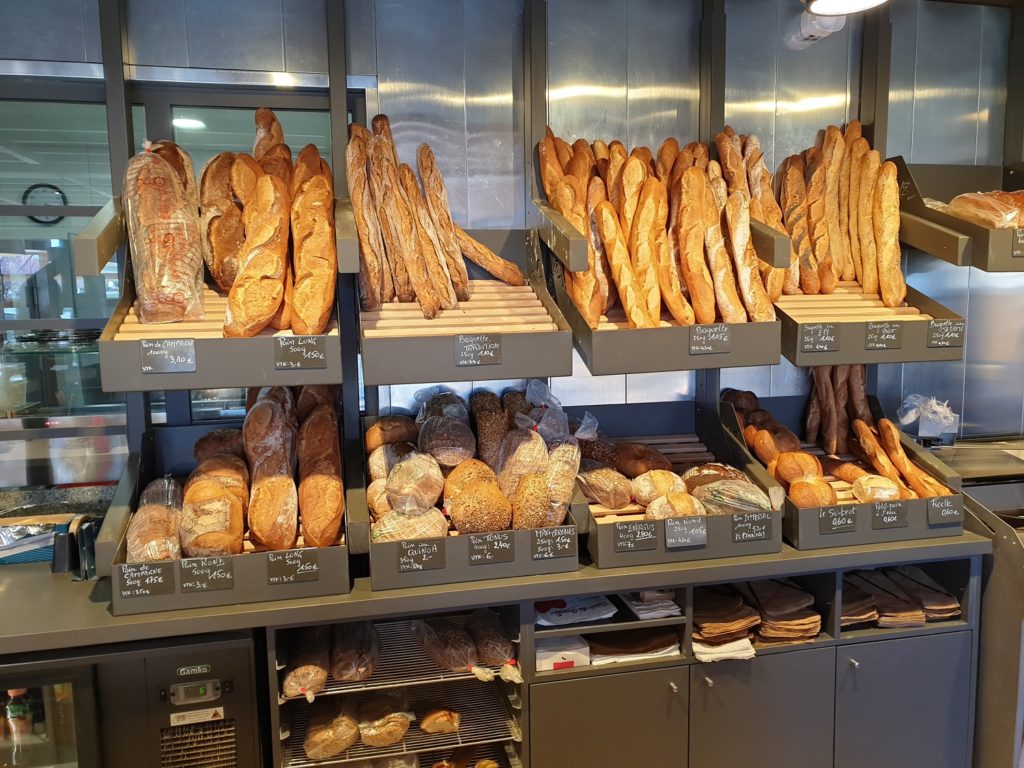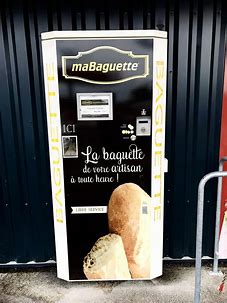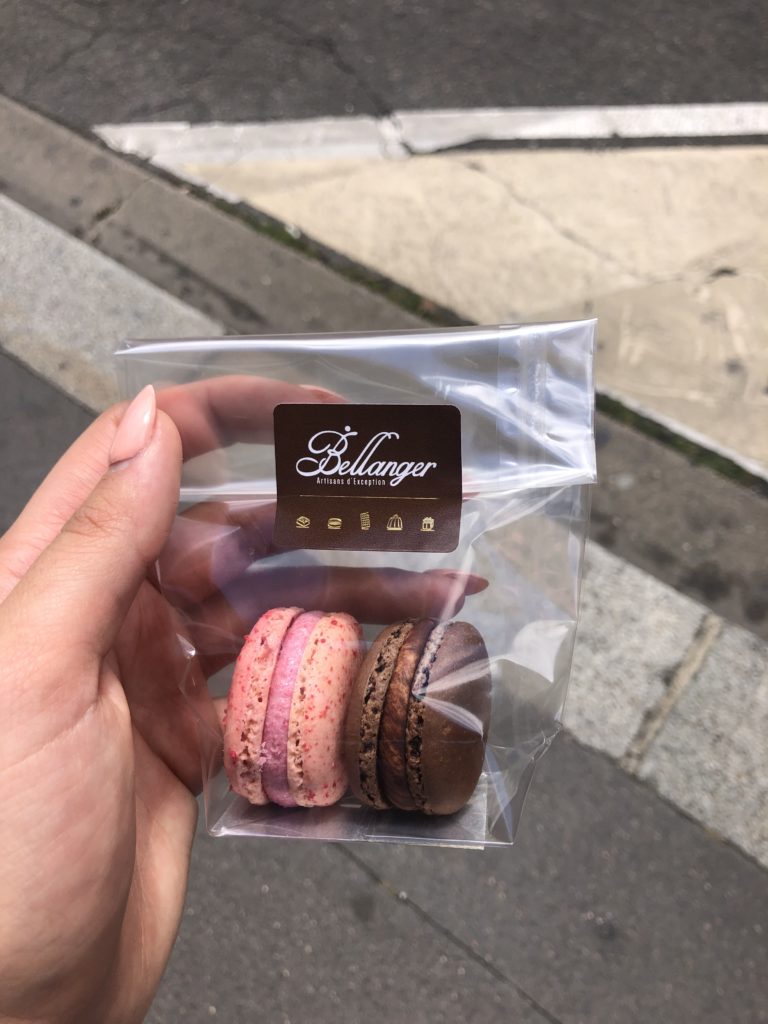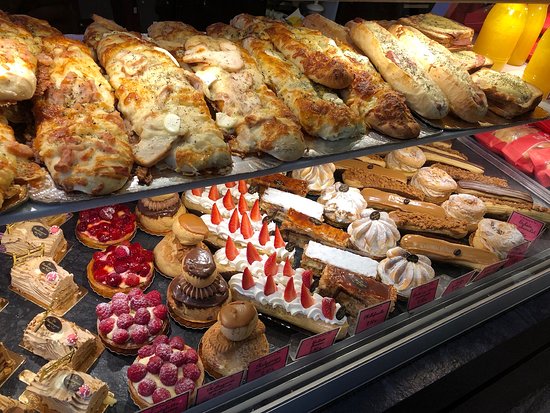How do the French view Americans: our culture and our country?
I heard more than once within my first two weeks from French counterparts, “We work to live while Americans live to work.” That definitely caught my attention. What I have gathered is that the French see Americans as overly preoccupied by money, success, and material goods. According to the French culture, at least according to the French individuals that I interacted with, the American obsession with work takes away from our appreciation of the other enjoyable aspects of living. This is actually represented in various social rules. For example, the French that I met were not worried about being exactly on time to class, events, or meals, whether that was 5 minutes or 30 minutes late, and they saw the American goal of being incredibly structured and on time as representative of our overly rigid cultural mindset ‘time is money’.
I particularly understand why the French may put a negative connotation toward the American value of work and success after better understanding the French culture. Within the French government and society, they place much importance on leisure. For example, offices in France typically close during lunch so that all workers can leave and enjoy a 1 and a half hour lunch either by themselves or with friends at a local cafe or bistro. There is a 35-hour full-time work week compared to the 40-hour week in the states. Wine is a staple at both lunches and dinners, and France is actually one of the leading producers of wine in the world. Governments both locally and nationally prioritize cultural identity and leisure by organizing festivals of music and arts as well as cultural centers. Walking or biking from place to place is common, especially in bigger cities. Every day and night, I walk through the city and see the value of the casual, slower pace of life. I see countless outdoor terraces filled with people, live music, glasses of wine, and both young and old French citizens enjoying delicious food and the company of their friends. In Tours particularly, most everyone at one point of another ventures out to the Ginguette, an outdoor venue right by the river which has dancing, concerts, and restaurants (and even a ferris wheel).
In terms of behaviors, I realize that the French often see Americans as being rather loud and outgoing, both in positive and negative ways. In a positive way, this means kind and agreeable, but in a negative way, this means obnoxious, entitled, or naive. Generally, this comes from the differences in cultural gestures, mannerisms, and rules of engaging. The French more generally put emphasis on being polite, respectful, not overly imposing; therefore, they are more familiar with reserved natures and are a bit taken aback by the perceived imposing personalities of Americans.
Politically, I was surprised to hear some of the opinions of my counterparts. They saw the USA as being more restricted in freedom than we believe, and more restricted in freedom relative to France. This makes sense when taking into account the French belief of the power of the people, as it holds more protests than any other country in Europe and holds some of the most large-scale protests of any country in the world. Further, my counterparts could not fathom the ubiquitous presence of arms and guns, as well as gun violence, within the US population, as guns are not widely desired or possessed by French citizens with the exception of those who hunt. However, with that being said, many French hold a respect for the United States and our influence within the world. They respect our economic power which drives parts of the world economy as well as sectors of our entertainment business, like Hollywood which is a hub of world-renowned music and cinema.
Just like any culture to another, there are certainly negative and positive regards held by the French culture towards Americans. And of course, there are widely ranging differences of beliefs between the French citizens towards Americans as well. Overall, I benefitted greatly from seeing my country from a new perspective and how cultural values bleed into society through the various social rules and opinions towards other cultures.



